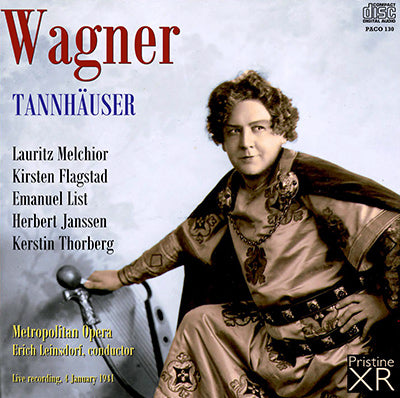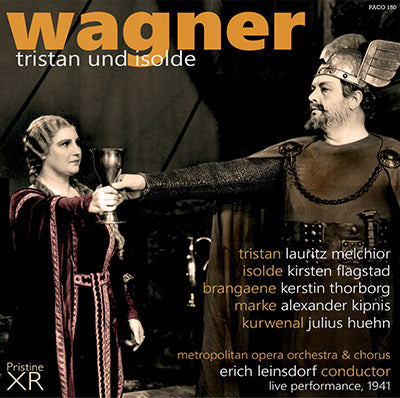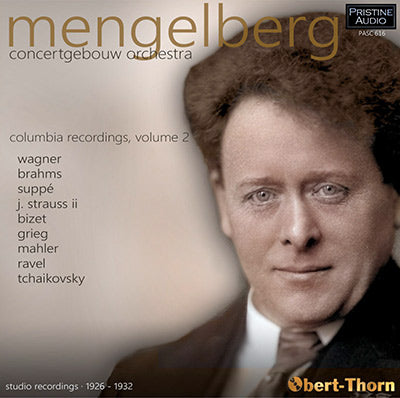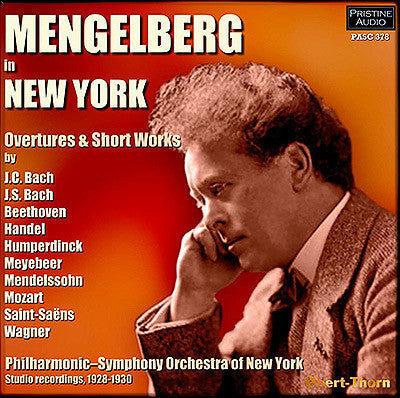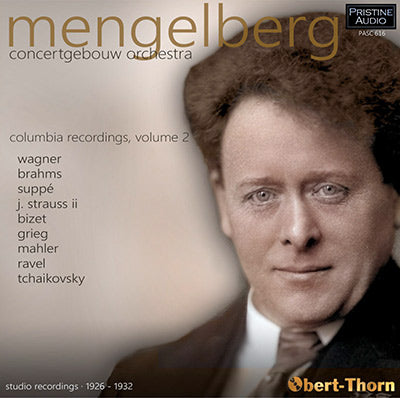Wagner
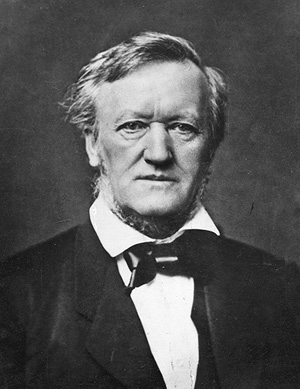
His compositions, particularly those of his later period, are notable for their complex textures, rich harmonies and orchestration, and the elaborate use of leitmotifs—musical phrases associated with individual characters, places, ideas, or plot elements. His advances in musical language, such as extreme chromaticism and quickly shifting tonal centres, greatly influenced the development of classical music. His Tristan und Isolde is sometimes described as marking the start of modern music.
Wagner had his own opera house built, the Bayreuth Festspielhaus, which embodied many novel design features. The Ring and Parsifal were premiered here and his most important stage works continue to be performed at the annual Bayreuth Festival, run by his descendants. His thoughts on the relative contributions of music and drama in opera were to change again, and he reintroduced some traditional forms into his last few stage works, including Die Meistersinger von Nürnberg (The Mastersingers of Nuremberg).
Until his final years, Wagner's life was characterised by political exile, turbulent love affairs, poverty and repeated flight from his creditors. His controversial writings on music, drama and politics have attracted extensive comment, notably, since the late 20th century, where they express antisemitic sentiments. The effect of his ideas can be traced in many of the arts throughout the 20th century; his influence spread beyond composition into conducting, philosophy, literature, the visual arts and theatre.

Wagner
Live concert recording, 1941
Total duration: 2hr 57:32
Kirsten Flagstad - Elisabeth
Emanuel List - Landgraf Hermann
Herbert Janssen - Wolfram
Kerstin Thorborg - Venus
Erich Leinsdorf, conductor
Metropolitan Opera Orchestra and Chorus
WAGNER Tristan und Isolde
Tristan - Lauritz Melchior
Isolde - Kirsten Flagstad
Brangaene - Kerstin Thorborg
Marke - Alexander Kipnis
Kurwenal - Julius Huehn
Live broadcast performance, 1941
Total duration: 3hr 25:56
Chorus and Orchestra of the Metropolitan Opera
conducted by Erich Leinsdorf
WAGNER Tannhäuser Overture - Lohengrin Prelude
BRAHMS Symphony No. 3 - Academic Festival Overture
GRIEG Two Elegiac Melodies
RAVEL Boléro
J STRAUSS II Perpetuum Mobile
music by Suppé, Bizet, Mahler, Tchaikovsky
Studio recordings, 1926-32
Total duration: 2hr 18:29
Concertgebouw Orchestra of Amsterdam
conducted by Willem Mengelberg
VARIOUS COMPOSERS A selection of shorter works
Studio recordings, 1928-1930
Total duration: 72:54
Philharmonic-Symphony Orchestra of New York
Willem Mengelberg, conductor
TCHAIKOVSKY Symphony No. 4 in F minor
TCHAIKOVSKY Symphony No. 5 in E minor
TCHAIKOVSKY Romeo and Juliet – Fantasy Overture
TCHAIKOVSKY Waltz from Serenade for Strings
J S BACH Suite No. 2 for Flutes and Strings
J C BACH Sinfonia in B flat
BEETHOVEN Leonore Overtures 1 & 3, Coriolan Overture et al
WEBER Der Freischütz, Euryanthe, Oberon - Overtures
LISZT Les Préludes
WAGNER Tannhäuser Overture - Lohengrin Prelude
BRAHMS Symphony No. 3 - Academic Festival Overture
GRIEG Two Elegiac Melodies
RAVEL Boléro
J STRAUSS II Perpetuum Mobile
music by Cheubini, Mendelssohn, Berlioz, Suppé, Bizet, Mahler, Tchaikovsky
Studio recordings, 1926-32
Concertgebouw Orchestra of Amsterdam
conducted by Willem Mengelberg
Save 5% when you purchase the complete set
BEETHOVEN Symphony No. 3 'Eroica'
FRANCK Symphony in D minor
R. STRAUSS Ein Heldenleben
RÖNTGEN Old Netherlands Dances
WAGNER Die Meistersinger - Overture
Studio recordings, 1940-41
Total duration: 2hr 16:56
Concertgebouw Orchestra of Amsterdam
conducted by Willem Mengelberg

